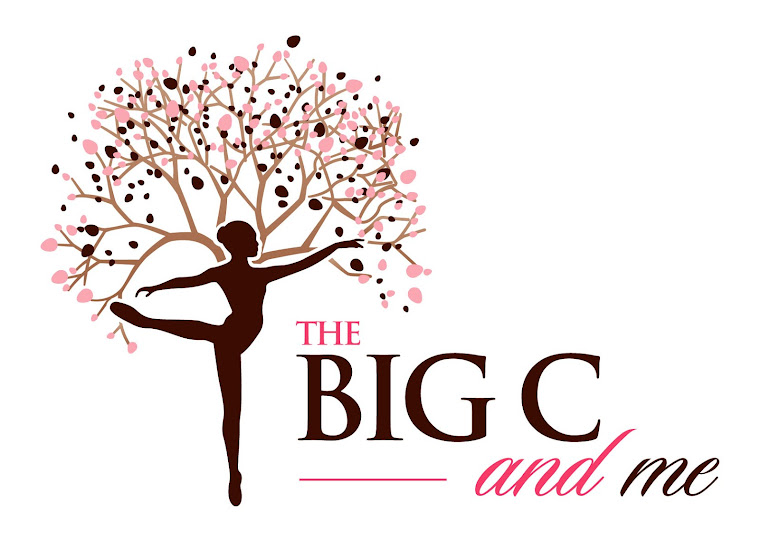To wit: This morning I read a fabulous post by blogger Katherine over at ihatebreastcancer discussing the announcement by the amazing Wanda Sykes on Monday that she was diagnosed with DCIS (ductal carcinoma in situ). Wanda is one of the funniest comics out there, and this news is devastating.
Wanda talked about her breast cancer publicly for the first time on "The Ellen DeGeneres Show" and shared how her cancer was discovered — while undergoing breast reduction surgery, of all things. Though her cancer was caught early (Stage 0), she opted for bilateral mastectomy due to her family history; as Wanda explained, "Cancer is cancer." This is true. But then she went on to say the words that have the breast cancer blogosphere buzzing: "Because now I have zero chance of having breast cancer." And Ellen agreed. But that would not be true. (The zero chance part, that is.)
 |
| (Courtesy Warner Bros.) |
Here's the real deal: Whether they have a lumpectomy — a la Andrea Mitchell and Sheryl Crow — or bilateral mastectomy like Wanda Sykes, Christina Applegate and me (gotta throw myself in here, since this is the only time I'll be able to mention my name along with theirs and have it make sense!), when people in the media say they are "cured," they do us all a grave (pardon the pun) disservice because it simply isn't factual. It just isn't true. And it gives people false hope — not just the patients that breast cancer afflicts, but the friends and family of BC'ers too. Catch breast cancer in its early stages and your chances of staying cancer-free are certainly high — but they are never 100%. Ever.
What Wanda, Christina and I (and so many of my BC buddies) bravely did by getting bilateral mastectomies (though our cancers were found in just one breast) is still considered controversial. But that is not the point of this post.
Instead, I want to address the issue of why public figures feel the need to downplay a cancer diagnosis.
I'm pretty sure I know why they do it: Because they are afraid they won't be hired again unless they say they are "cured."
Would it be better if Wanda had said, "Yes, I found my breast cancer early and yes, I had both my breasts removed and yes, my cancer can still come back at any time and kill me"? Abso-f-ing-lutely.
But I also understand why she didn't say that. Part of it is the natural desire we all have to believe we are cured. I get that. But the other part is just as important: She has to worry about her (and her family's) financial future. Just as we all do. Just as we all don't walk straight into our bosses offices and announce that yes, we have breast cancer and yes, we might die. Because if we did, we probably wouldn't be getting that next promotion. That next opportunity. That next big gig. And so we downplay. To ease others' fears — and to ease our own.
It's a gnarly little line that people in the public eye must walk in order to save face. And we already know which side they are gonna take. The side they must: They have to save themselves first. After all (and this isn't the first time I have said this and it certainly won't be the last): They are only human. And trying to keep everything as normal as possible for as long as possible. (Can anyone relate?)
So I'm gonna cut Wanda a wide swath of slack. But I'm also gonna make sure I talk about all this. It is up to us (the "foot soldiers," as the Army of Women calls us) to get the word out and not be under any illusions that bilateral mastectomy is "the cure." Not trying to be a Debbie Downer here; just Renn the Realist.
Maybe at some point down the line, a high-profile personality will pick up a bullhorn when they are first diagnosed with cancer and tell it like it really is. But until that day happens, I'm not gonna hold my breath. I'm just gonna blog about it.



